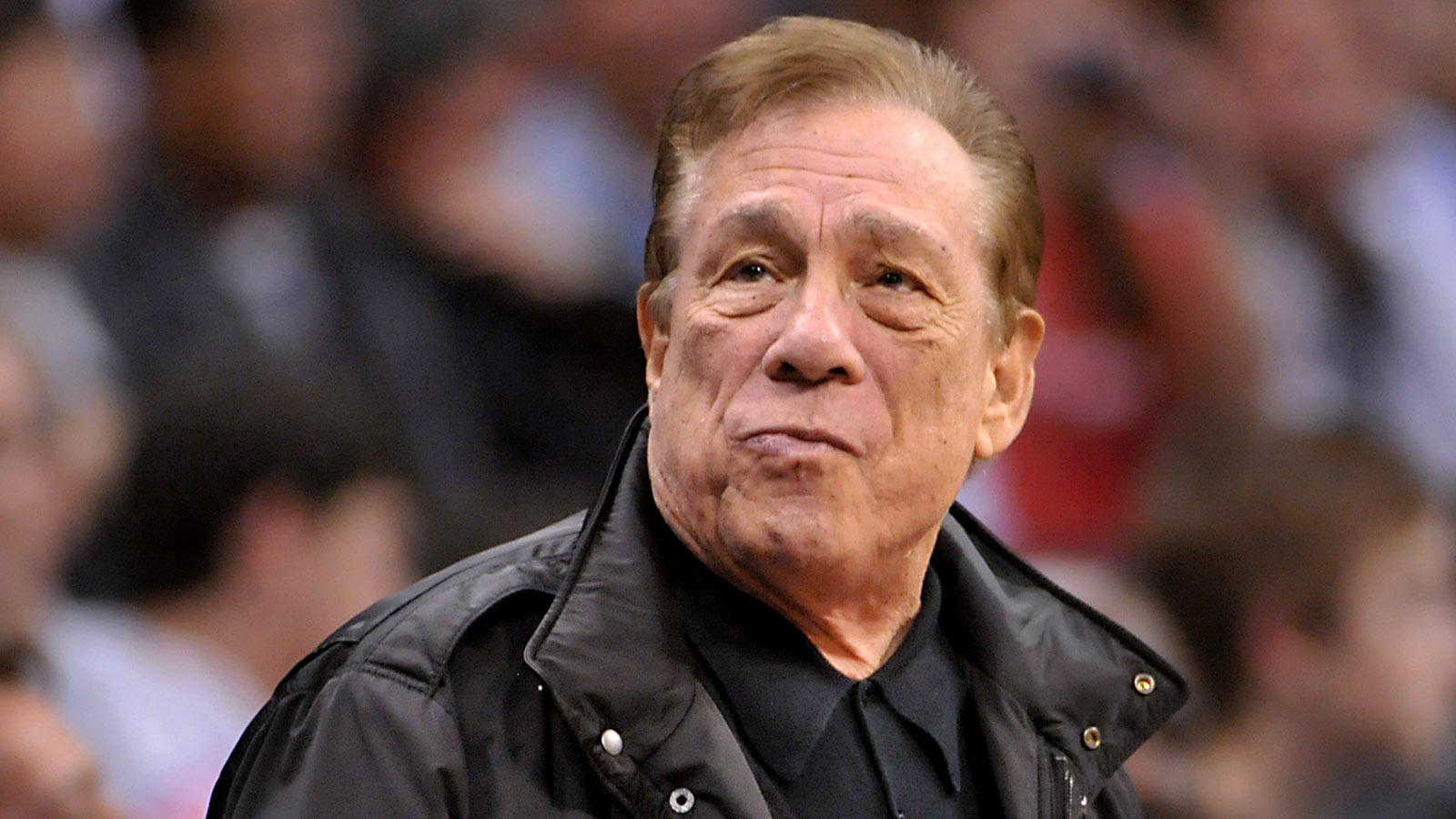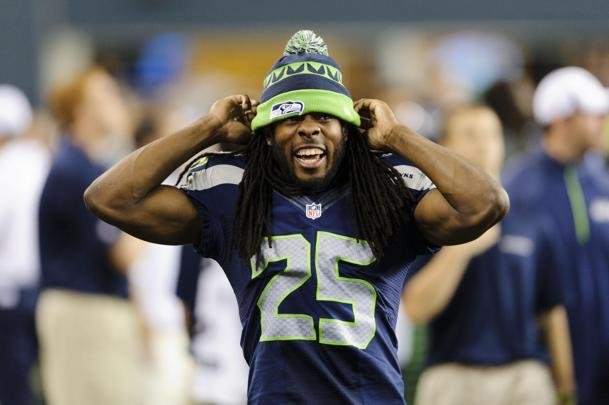CANTON, Ohio (AP) The humbled men in gold jackets entering football immortality were unmistakable. So was the endless sea of twirling yellow Terrible Towels there to greet them and the outpouring of compassion for the legend who wasn’t there.
Pittsburgh Steelers running back Jerome Bettis headlined the Pro Football Hall of Fame Class of 2015 on Saturday night, the sixth-leading rusher in NFL history turning the annual enshrinement ceremony into a de facto pep rally.
Bettis grabbed one of the ubiquitous towels synonymous with the franchise at the beginning of his speech and led a chant of ”Here We Go Steelers, Here We Go” as the capacity crowd at Tom Benson Stadium – most of them clad in some variation of black-and-yellow – roared in support of the player that served as the physical embodiment of the team he helped lead to a fifth Super Bowl title in 2006.
”I really thought the Bus’ last stop was in Detroit at Super Bowl 40,” Bettis said. ”But now I know the Bus will always and forever run in Canton, Ohio.”
The euphoria surrounding Bettis’ induction proved fitting on a night most of the eight-member class saw their lengthy wait to join football’s most exclusive club come to an end.
Only linebacker Junior Seau was elected in his first year on the ballot. The 12-time Pro Bowler’s induction, however, proved bittersweet, coming more than three years after he took his own life. His death and the complex fallout from it – Seau’s family filed a wrongful death lawsuit against the NFL – set the backdrop for the evening’s most touching moment.
Hall of Fame rules about players awarded posthumously prevented Seau’s daughter from giving a full speech on her father’s behalf. Instead she spoke at length during an extended video tribute, calling her dad ”a perfect match for football: both stubborn, both relentless, competitive and hard-hitting.”
Those hard hits are at the center of the family’s legal battle with the league, though Sydney Seau used the stage to instead pay homage to his spirit. She fought back tears when his bronze bust was unveiled and told him ”congratulations, you made it” as images of Seau in his prime flashed on the video screen.
It was the emotional high point of a night that flipped between laughter and tears and back again.
Defensive end Charles Haley cracked jokes between heartfelt disclosures of his battle with depression. Minnesota Vikings center Mick Tingelhoff didn’t say a word, instead letting Hall of Fame teammate Fran Tarkenton speak for him shortly after Tingelhoff’s bust was unveiled.
Kansas City guard Will Shields spoke with the same thoughtfulness that made him one of the best linemen of his generation during a standout career with the Chiefs.
Contributors Bill Polian and Ron Wolf paid their respects to the icons who paved the way for their success. Wide receiver Tim Brown led chants of ”Rai-ders! Rai-ders!” more than a decade after the last of his 1,094 receptions.
Haley, the only player in NFL history with five Super Bowl rings, gave a rousing, freewheeling speech that included a good-natured jabs at everyone from former San Francisco owner Eddie DeBartolo Jr. to Cowboys owner Jerry Jones. DeBartolo called the decision to trade Haley to Dallas in 1992 his biggest mistake during his tenure.
Haley didn’t disagree, though he also made sure to honor the men who signed his paychecks, including a nod to the occasionally bombastic Jones, who organized a bone marrow drive when Haley’s daughter Brianna was diagnosed with leukemia.
Haley retired after the 1999 season with 100 1/2 sacks and a fistful of championships. Yet he spent the better part of a decade watching former teammates get the call while his phone remained silent.
He blamed it partly on his own struggle with his inner demons. Haley said he was a ”22-year-old man with a 16-year-old inside of me screaming for help and I would not ask for it” when he arrived in the NFL in 1986.
”My life spiraled out of control for years, for years,” Haley said. ”But today, guys, I am getting back into the locker room, to my teammates and tell them guys the mistakes that I’ve made and that the only way you can grow is that you’ve got to ask for help.”
Wolf, who hired Mike Holmgren and traded for Brett Favre shortly after taking over in 1991, led off by praising the core that restored the Packers to legitimacy after two decades of mediocrity.
”There was always a threat to players of other teams that if they didn’t shape up, they would be traded to Green Bay,” Wolf said. ”We worked hard to eliminate that stigma.”
Polian praised Hall of Fame coach Marv Levy for helping him resurrect the Bills after Polian took over as general manager in 1984. The two men put together the foundation of a team that made four straight Super Bowl appearances behind Jim Kelly, Thurman Thomas and Andre Reed, all of whom Polian joined in the Hall. Polian finally won a championship with Indianapolis and Peyton Manning, though Polian couldn’t help but wonder how a ”kid from the Bronx” ended up in Canton.
There was no wondering for Bettis, who wasn’t shy about his desire to follow in the footsteps of other Steeler greats already in the Hall. Many were on hand to watch, including Franco Harris, Joe Greene and Lynn Swann. Several of Bettis’ former teammates, including quarterback Ben Roethlisberger and wide receiver Hines Ward, sat in front of the stage as the Hall’s doors finally opened for the player known simply as ”The Bus.”
It’s a destination made possible in part by Roethlisberger, who preserved Pittsburgh’s Super Bowl run in 2006 by tripping up Indianapolis’ Nick Harper shortly after Bettis fumbled near the Colts’ goal line in the AFC playoffs.
”Without you saving that tackle, I still might be on the doorstep brother,” Bettis said. ”I owe you, for life.”
—
AP NFL website: www.pro32.ap.org and http://twitter.com/AP-NFL
25% Bonus via Western Union























